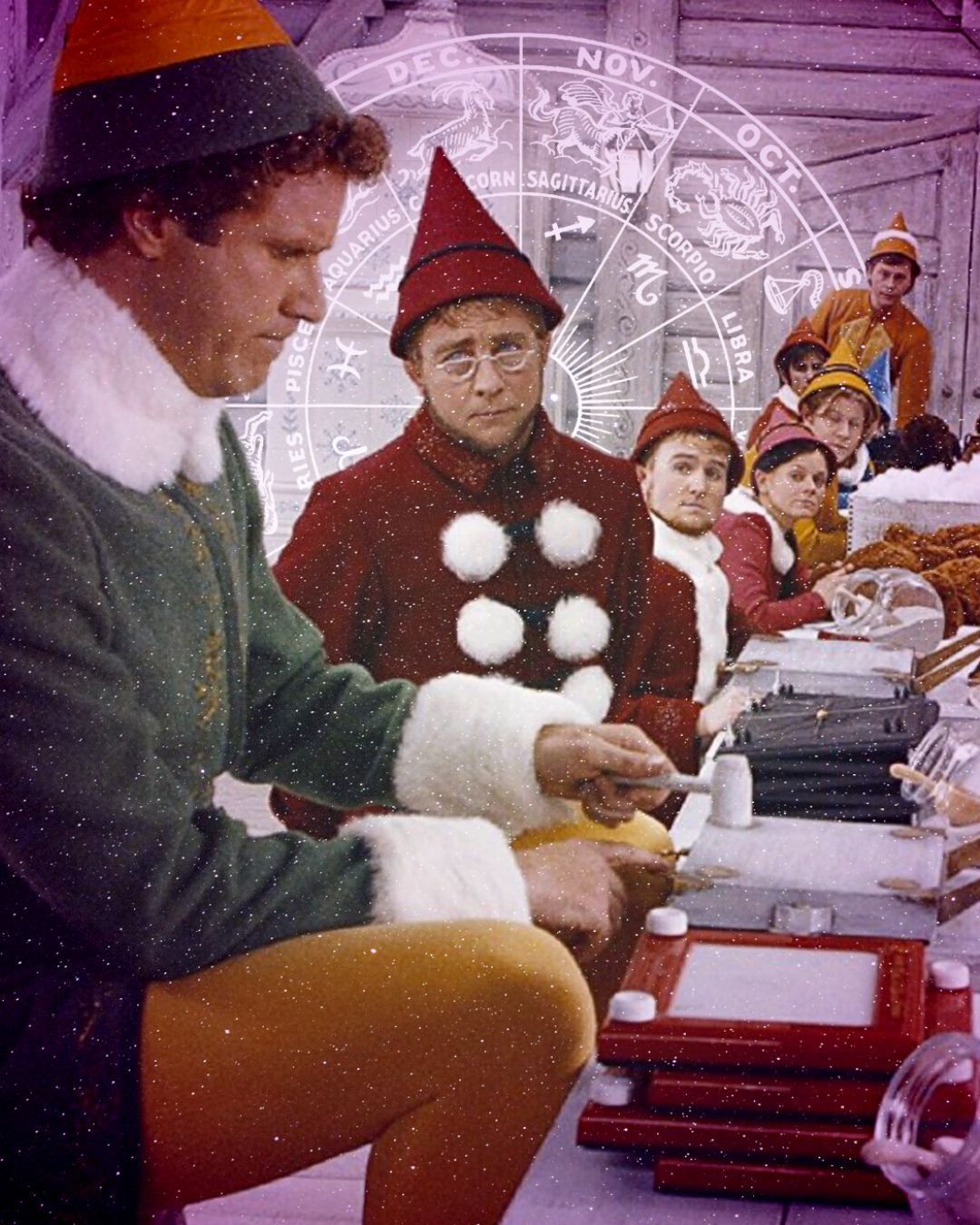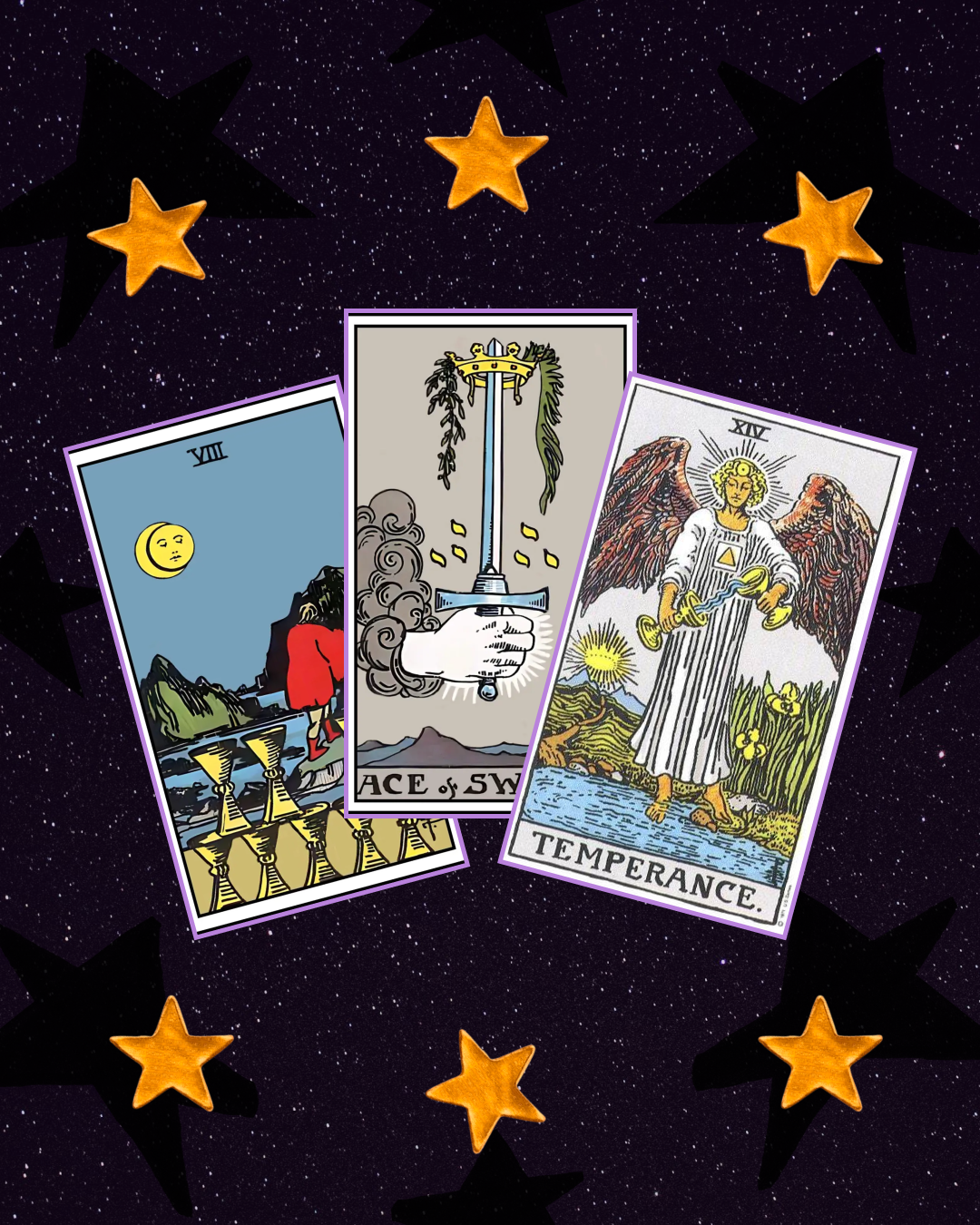
Friday the 17th: meaning and most popular superstitions Are you already touching wood?
If you cancel all your appointments every Friday the 17th, barricade yourself in your house, wear a cascade of red horns as amulets and repeat the litany "Eye, evil eye, parsley and fennel, I baptise myself against the evil eye"," you might have a problem. Don't worry, you're not the only one, because along the lines of "I don't believe it, but you never know"," we've all succumbed to superstition at least once. We've uttered curses, touched iron, carried a lucky charm in our pocket and made small decisions based on horoscopes or numerology. This is especially true when we are feeling particularly fragile, on the verge of a decisive moment in life or approaching a crucial date that we have always been told is the epitome of an unlucky day. But as the great Eduardo De Filippo said: "To be superstitious is to be ignorant; but not to be so is to be unlucky." But do we know why we fear Friday the 17th?
Tremble, tremble, it's Friday the 17th
In Italy and other countries of Greek or Latin origin, Friday the 17th is considered to be an unlucky day due to the meeting of two nefarious elements: Good Friday (the anniversary of Jesus' death) and the number 17, which is associated with bad luck in Neapolitan Smorfia. In Anglo-Saxon countries, however, this only applies to Friday the 13th, where the unlucky number par excellence is 13, so much so that in many hotels this plan is dispensed with to avoid attracting negativity, as is row 13 on aeroplanes.
The probable origins of heptacaidecaphobia, between maths and anagrams
From the Romans to the Hellenistic era, from the Bible to the present day, 17 has always been considered an unfavourable number. In the Hellenistic tradition, its fame as a menagram is linked to mathematics. In the 6th century BC, Pythagoras and his followers felt an aversion to 17, considering it the number of imperfection because it lay between 16 and 18 and was perfect for representing the 4x4 and 3x6 quadrilaterals. One of the best-documented hypotheses about the origin of heptacazidecaphobia (i.e. the fear of 17) goes back to ancient Rome. In Latin, the number 17 is written as XVII, which anagrammatises to VIXI, very similar to the word engraved on tombs, which translates to "vissi"," meaning "I have died"." Furthermore, 17 December and 17 February were celebrated on the Saturnalia and Quirinalia, festivals in honour of the gods Saturn and Quirinus, pagan festivals that were later demonised by Christianity, contributing to the dark aura of this number.
Theories about the biblical origin of 17 and its connection to Friday
The Bible, and the Old Testament in particular, is full of negative references to the 17th. In Genesis (7:11) it is reported that the Great Flood began on the 17th of the second month. Hidden in the scriptures is also the origin of the tragic connotation of this number with the fifth day of the week. According to the Gospel, Jesus died on Good Friday. It also appears that Adam and Eve were expelled from the earthly paradise on the same day of the week. But that is not enough. Also on Friday, Cain killed Abel, John the Baptist was beheaded and Herod ordered the slaughter of the innocents. Are you getting goosebumps?
The other most common superstitions
It's not just Friday the 17th that triggers our fears and bewitching rituals. There are many superstitions that fuel popular culture. Let's take a look at some of the most common ones:
- Crossing a black cat: Although they are beautiful creatures, there are many who change direction when a black cat crosses their path. Especially in Italy, the United States and Spain, this is considered a sign of bad luck (it is no coincidence that 17 November is International Black Cat Day). In Germany, there are people who believe that black cats bring bad luck if they cross a road from right to left, but good luck if they cross it from left to right. The origin of this belief goes back to the Middle Ages, when they were associated with the devil and were often believed to be the reincarnation of a witch. In other countries, however, it is a good sign to see or own a black cat. For example, a Scottish belief is that if a black cat walks across the porch of a house, the homeowner will be kissed by prosperity.
- Break a mirror: This is one of the most popular superstitions, as the mirror has always been an object associated with the supernatural. It is believed to be a gateway to another dimension and that it can reveal the soul through the reflection of our image. In Northern Europe, the spirit of the deceased remains trapped in the glass of the mirror during the wake. When this is broken, the spirit is released and can haunt the living. The idea that breaking a mirror brings bad luck is also related to the fact that the broken glass also symbolises the damage suffered by the mirrored person.
- Walking under an open staircase: For the ancient Egyptians, stairs symbolised the gods and, together with Osiris, the god of the underworld, the completion of a person's life cycle. However, the custom of not walking under a ladder could also stem from the fact that the rung ladder resembles the cross of Christ or that the open ladder leaning against a wall forms a triangle, symbolising the Trinity. Stepping under it instead of around it could appear to be a blasphemous act that brings you closer to the devil. In addition to religion, there is another, somewhat more plausible hypothesis: during executions, a ladder was leant against the gallows. The condemned man with the noose around his neck had to climb up the ladder, which the executioner then pushed away and left the poor wretch hanging while he awaited death.
- Open an umbrella at home: Umbrellas were often used to plug holes in poor people's homes, and therefore, unstretching an umbrella in the home could attract bad luck and financial problems. Even further back to ancient Rome, where umbrellas protected from both rain and sun, opening an umbrella in the home was interpreted as disrespecting the sun god and brought bad luck upon oneself and one's family.
- Spilling salt on the table: Are you afraid that you will suffer seven years of bad luck if you accidentally spill salt on the table? You can limit the damage by picking it up immediately and throwing it behind your own back in three different pinches. Preferably with your left. The reason for this superstition? In ancient times, salt was invaluable and dropping even a few grains meant economic loss.
- Passing on oil without putting it on the table: The origin of this superstition is similar to that of salt and is related to the high cost of oil in ancient times. It was therefore considered a waste to drop it. To avoid this, you put the pan of oil on the table when you pass it on to someone.
- Pass the broom over the feet of a single woman: Have you ever been told to put your feet up when someone sweeps the floor? The origin of faith? If a woman accidentally touched her feet with the broom, she was considered not good at housework and consequently an undesirable future wife.




























































